
How can we help you today?
Registered Office
Infowan Technologies Pvt Ltd
Mumbai-401107. INDIA.
Contact Details
+91 98201 97205
+91 98201 26871
+91 98670 74415
support@infowan.net
info@infowan.net
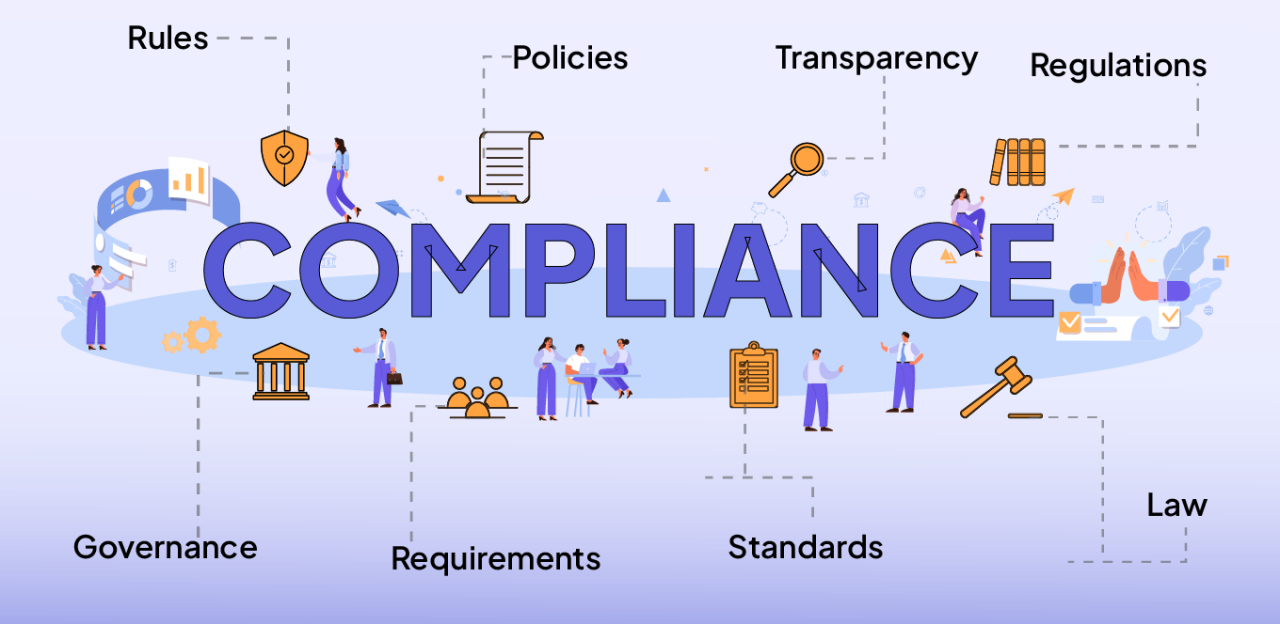
What is compliance in HR? If you're running a business in 2025, this is more than just a buzzword—it's a foundational requirement. HR compliance involves adhering to employment laws, industry regulations, and internal policies designed to protect both employees and the organization.
But it's more than just rule-following. HR compliance affects everything from your hiring practices and payroll systems to employee privacy and workplace safety. Businesses that ignore it are exposed to lawsuits, reputational damage, and employee dissatisfaction.
In this complete guide, we'll answer what is compliance in HR, explain why it's critical, highlight key compliance areas, and show you how to automate and manage HR compliance efficiently using technology like Infowan's HRMS software.
Did You Know? If you're considering a switch to smarter compliance systems, Infowan offers some of the most reliable HR and payroll software in India tailored for modern business needs.
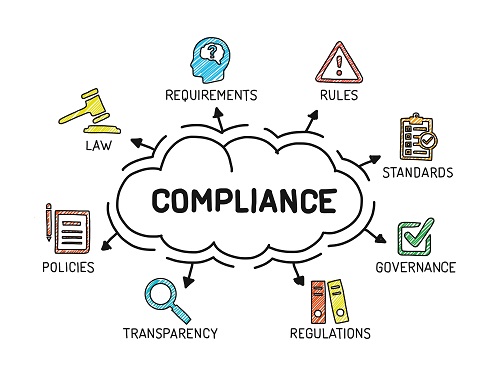
HR compliance refers to the alignment of your organization's human resource policies and actions with local labor laws, company regulations, and ethical practices. In simpler terms, it means doing the right thing, the right way—legally and consistently.
When we ask, "What is compliance in HR?" we're not just talking about policies on paper. It's about enforcing those policies in real-world scenarios—from onboarding to termination. True compliance is achieved when policy and practice are synchronized.
For example, having a HR software for small business that includes built-in compliance checks can save small teams from costly legal risks.
There are two key dimensions to HR compliance:
Whether you're a startup or an enterprise, understanding HR compliance is essential to maintaining employee trust, avoiding penalties, and ensuring smooth operations. Every business, regardless of size or industry, must take this responsibility seriously. For example, having a HR software for small business that includes built-in compliance checks can save small teams from costly legal risks.
Statutory compliance refers to the legal framework every employer must follow as mandated by government law. This includes:
Failure to meet statutory compliance can result in severe legal action and financial penalties.
This area covers laws and regulations that may not be industry-specific but are critical to workplace fairness and safety. Examples include:
Regulatory compliance ensures your workplace treats all employees fairly and remains free from bias or unsafe conditions.
Contractual compliance involves fulfilling the legal and ethical obligations defined in employment contracts, union agreements, and vendor relationships. This includes:
Breaches in contractual compliance can result in legal disputes, arbitration, or loss of business reputation.
With HR technology and cloud-based data systems, protecting employee data is a legal necessity. Compliance in this area covers:
An essential part of what is compliance in HR today is digital security and proper data handling.
Infowan's payroll software ensures real-time salary processing aligned with statutory guidelines, minimizing the risk of violations.
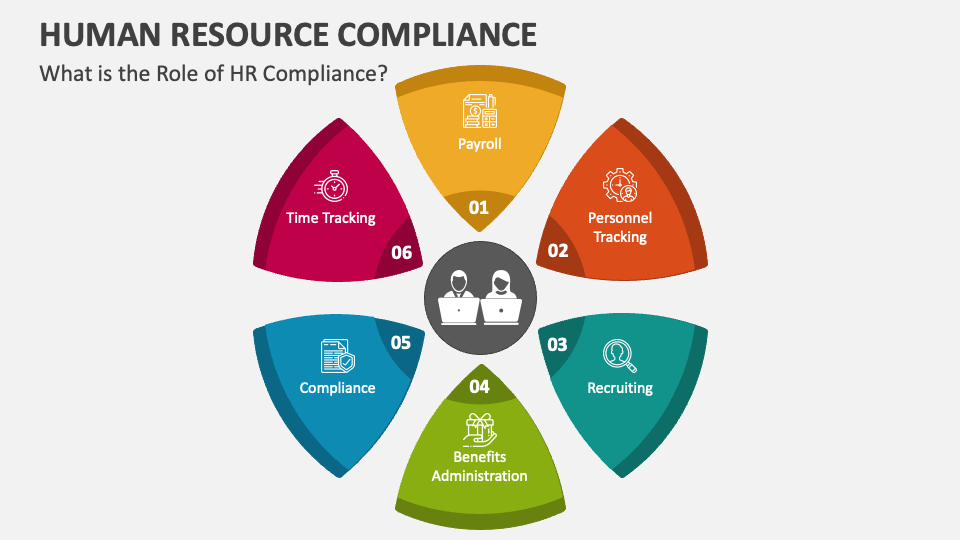
The importance of HR compliance cannot be overstated. Here's why it matters:
One violation can lead to fines, lawsuits, or even shutdowns.
Transparent HR practices promote loyalty and reduce turnover.
Non-compliance scandals harm employer branding and market value.
A compliant HR structure enables scalability and investment readiness.
HR compliance ensures a safe and equitable workplace.
HR compliance is not just a risk-management tactic. It's a strategic advantage for businesses aiming to thrive in 2025 and beyond.
Businesses often struggle with HR compliance due to complex and changing regulations. The most common challenges include:
Labor laws and data privacy rules change frequently. Staying updated is difficult without expert support.
Different regions have different rules. A centralized HR system is necessary to maintain consistency.
Misclassifying contractors as employees can lead to back-payments and tax issues.
Failing to secure personal data can trigger legal action under GDPR, CCPA, or similar laws.
Uneven treatment of employees can result in legal claims and toxic workplace culture.
Recognizing these challenges is the first step toward solving them through better systems and processes.
Understanding what is compliance in HR is just the start. Here's how to implement it effectively:
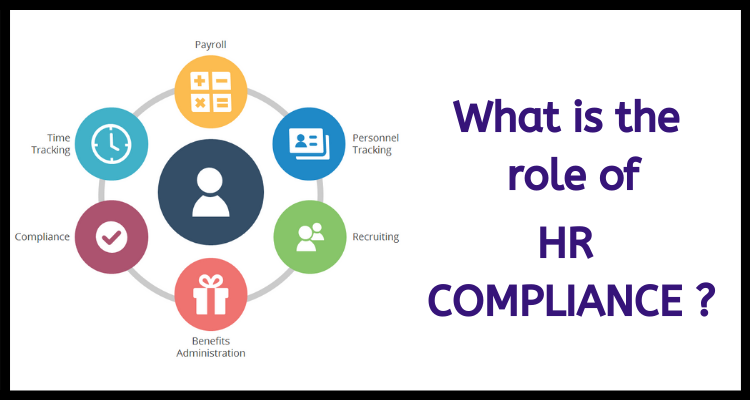
Schedule compliance audits to identify gaps, outdated policies, or non-compliant processes.
Ensure employees can easily understand and access company policies.
Continuous training helps build a culture of compliance and reduces unintentional violations.
Track deadlines for filing reports, issuing pay slips, and reviewing employee documentation.
Software like Infowan's HRMS automates compliance, leaving less room for error.
Automation is increasingly important in 2025 to keep up with the growing complexity of compliance requirements.
To stay compliant and competitive, businesses should follow these proven best practices:
HR compliance in 2025 is no longer optional — it's a business imperative.
Tracking the right compliance KPIs helps assess risk and improve HR efficiency. Key metrics include:
These indicators provide visibility into your HR department's performance and readiness.
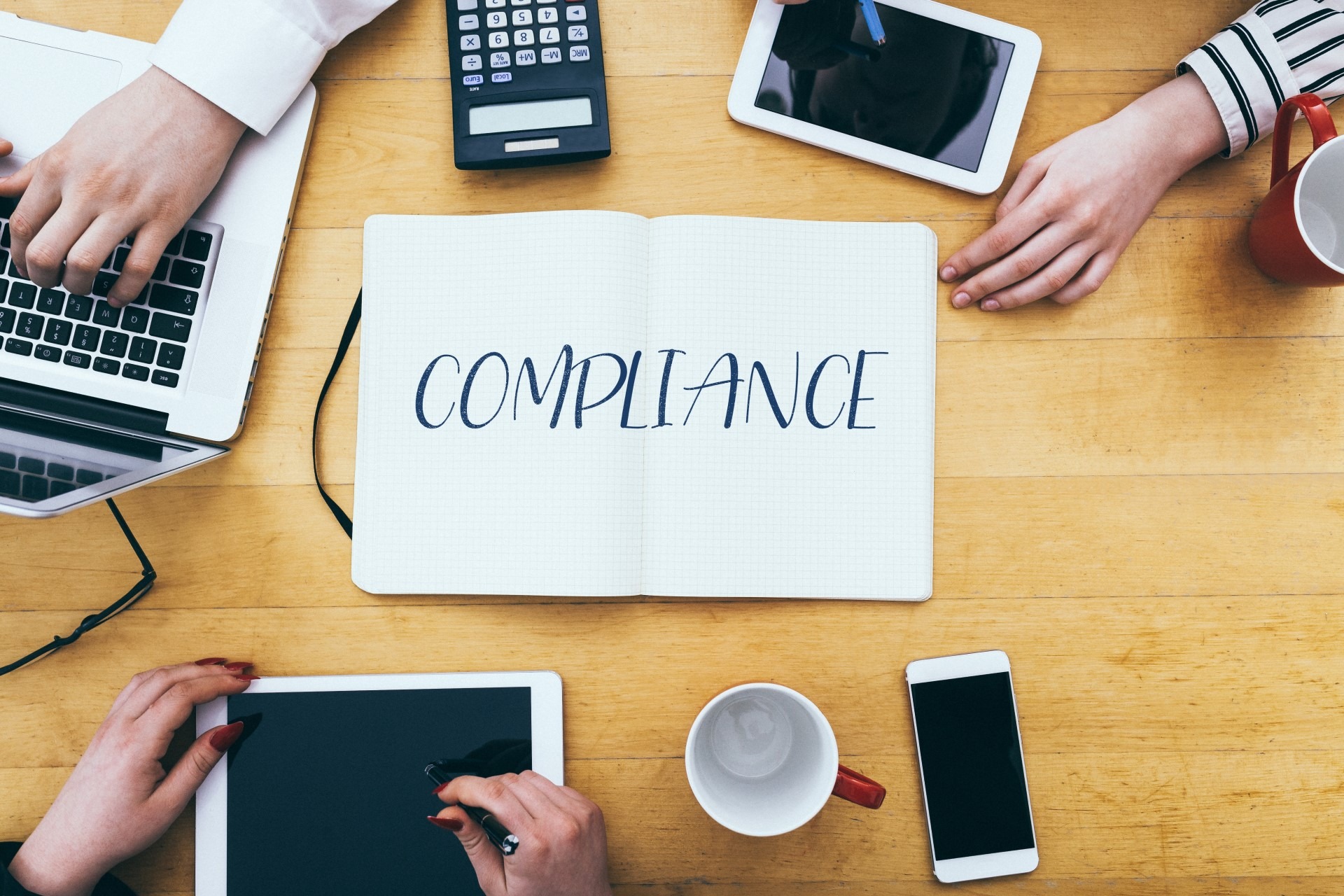
Infowan 's robust HRMS and Payroll software simplifies everything from employee onboarding to labor law adherence. Track leaves, automate salary processing, secure employee data, and stay fully compliant—no matter your company size.
Join more than 15,000 businesses that trust Infowan to manage their HR with confidence.
So, what is compliance in HR? It is the consistent and legal management of human resource practices that protect your business, employees, and reputation. It's not a one-time project—it's a continuous effort that touches every part of your organization.
The businesses that thrive in 2025 will be the ones that treat HR compliance not as a cost, but as a strategic asset. And with the right tools and mindset, staying compliant doesn't have to be complex.
Q1. What is compliance in HR and why is it important?
HR compliance ensures that a company follows labor laws, data protection rules, and ethical policies. It's important to prevent lawsuits, reduce risk, and build a trustworthy workplace.
Q2. What are examples of HR compliance issues?
Examples include wage violations, data breaches, harassment claims, employee misclassification, and failing to meet workplace safety regulations.
Q3. How can technology help with HR compliance?
HRMS platforms like Infowan automate policy enforcement, track leave and attendance, and maintain secure employee records to reduce manual errors.
Q4. What happens if a company is not compliant with HR laws?
Non-compliance can lead to fines, penalties, lawsuits, or even loss of business licenses.
Q5. Is HR compliance different in every country?
Yes, compliance requirements vary by region. Multinational companies must stay updated on local labor laws, tax codes, and data regulations.
Q6. What departments should be involved in HR compliance?
While HR leads compliance, legal, IT, and senior management also play critical roles in ensuring policies are followed correctly.
Q7. How often should HR policies be reviewed?
At least annually, or whenever there is a legal update. Regular reviews ensure policies remain current and effective.
Q8. Can small businesses ignore HR compliance?
No. Small businesses are just as legally accountable and may face proportionally higher risks from non-compliance.
Best HR Software in India | Top HR Software in India | What is an HR System? | Online HR Management Software | Best Payroll Software in India | Employee Payroll Management System | What is a Payroll System? | What is Payroll? | What is HRMS? | What is HR Management? | 7 Roles of HRM | What is Human Resources? | Top HR Interview Questions | What is HR? | HR Analytics Explained | What is HR Compliance? | Human Resource Management Guide | Best HRMS System | HR Management System Software | HR Software for Small Business | Best HRMS Employee Self Service | What are the Functions of HRM | Functions of HRM | Human Resource Accounting | Difference Between HRM and HRD | Best HRMS Software in India | Top HRMS Software in India | HRMS Companies in India | What is 3rd party payroll | Payroll Software list | What is payroll management in HR